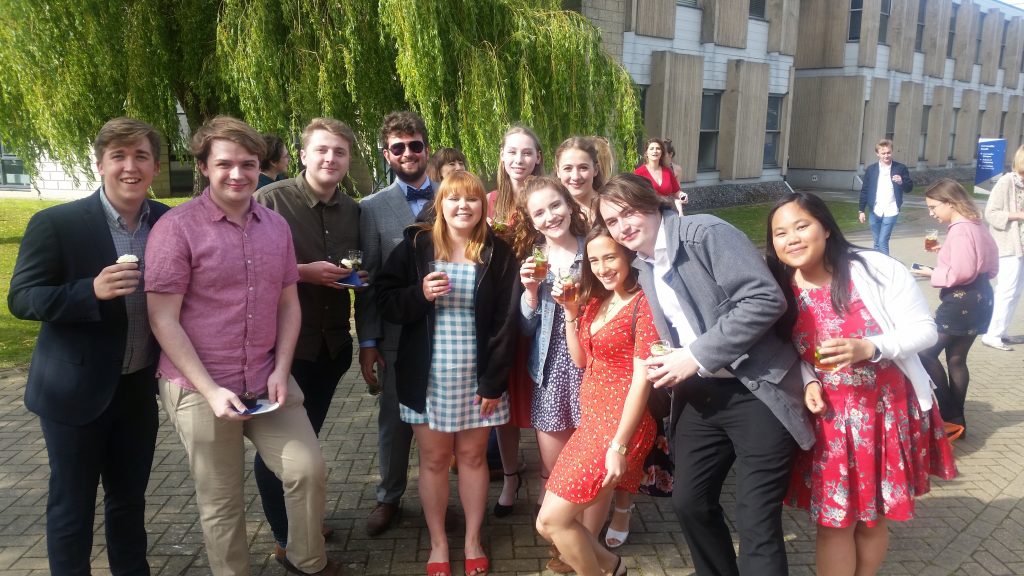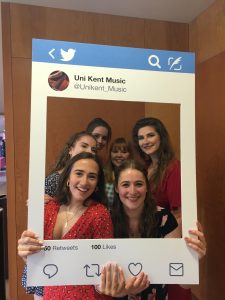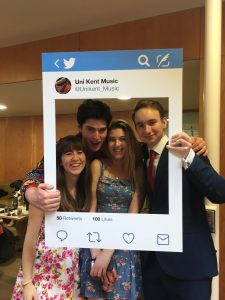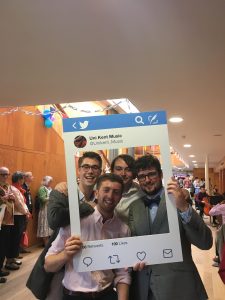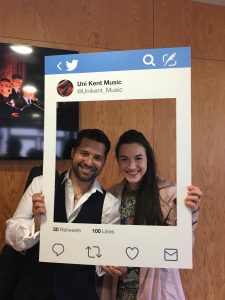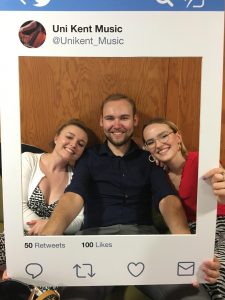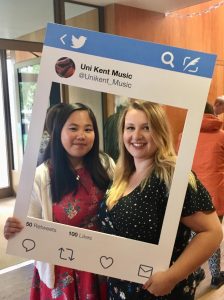The Music department is preparing to deliver an ambitious production of Alice in Wonderland: A Musical Dream Play next week, bringing to life a musical stage adaptation of Carroll’s classic tale first performed in 1886 and written with Carroll’s close involvement. The University Cecilian Choir, soloists and ensemble lift the curtain on Alice’s mysterious, magical and musical world on Friday 21 February at 7.30pm.
 Alongside the production, there are two art exhibitions on campus celebrating the bicentenary of Sir John Tenniel, illustrator, and cartoonist, whose illustrations graced the pages of the first publication of Alice in Wonderland in 1865. The production of the Musical Dream Play will feature many of Tenniel’s ilustrations projected above the stage during the performance, and these are currently on display in Colyer-Fergusson Gallery throughout February, allowing visitors the opportunity almost to walk through pages of the book…
Alongside the production, there are two art exhibitions on campus celebrating the bicentenary of Sir John Tenniel, illustrator, and cartoonist, whose illustrations graced the pages of the first publication of Alice in Wonderland in 1865. The production of the Musical Dream Play will feature many of Tenniel’s ilustrations projected above the stage during the performance, and these are currently on display in Colyer-Fergusson Gallery throughout February, allowing visitors the opportunity almost to walk through pages of the book…
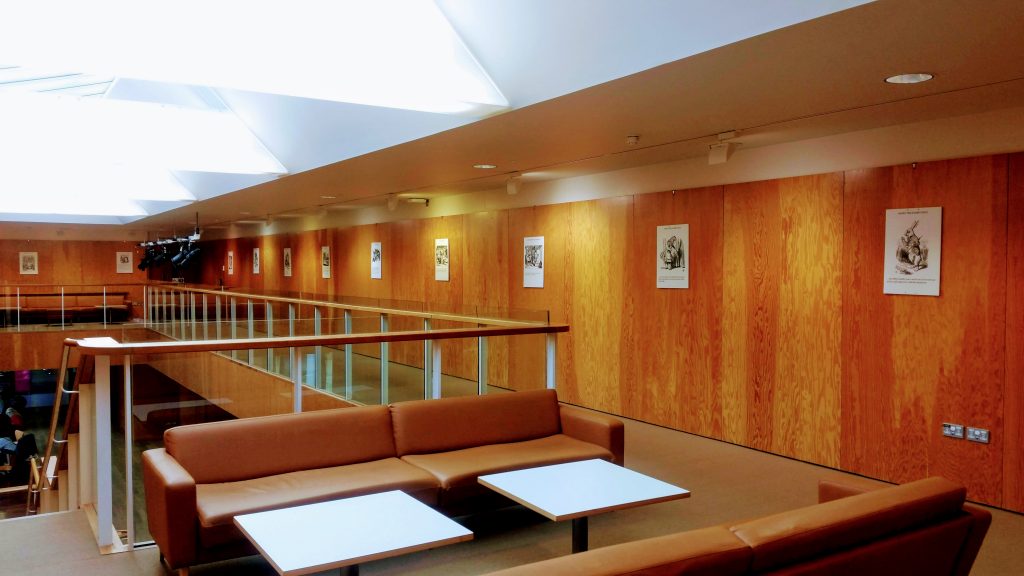
Our colleagues over in the University Special Collections and Archives have also responded to the project, creating a special exhibition celebrating Tenniel’s contribution to political cartooning in his own work for Punch, and also in the lasting influence his Alice illustrations have had on subsequent generations of political cartoonists.

Politics in Wonderland: Sir John Tenniel at 200 features original cartoon artworks, cuttings and publications from the British Cartoon Archive by cartoonists including Nicholas Garland, Vicky, Strube and E.H. Shepard, and can be viewed in the Gallery, A Block Floor 1 of the Templeman Library until 20 March; more details here.
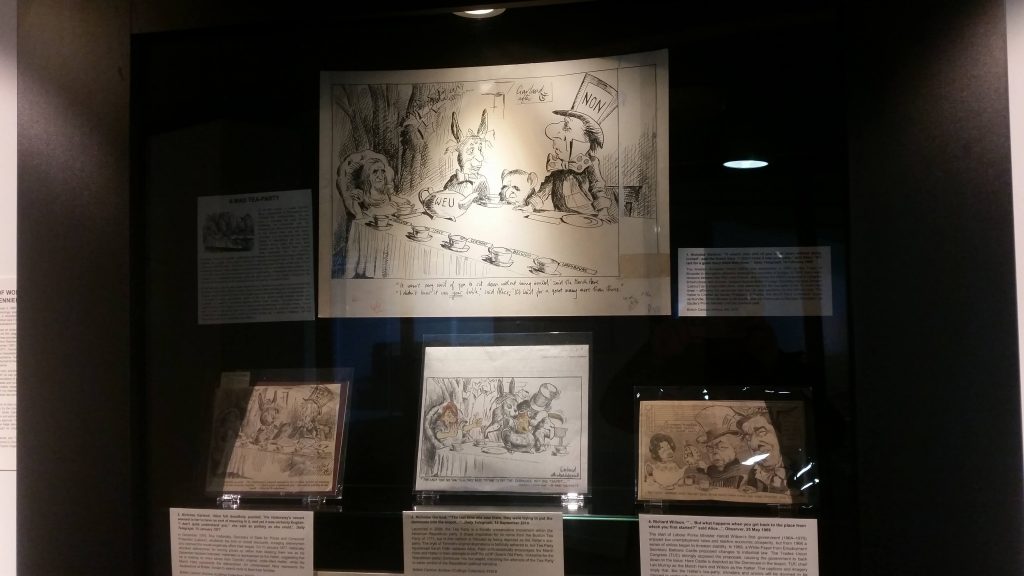
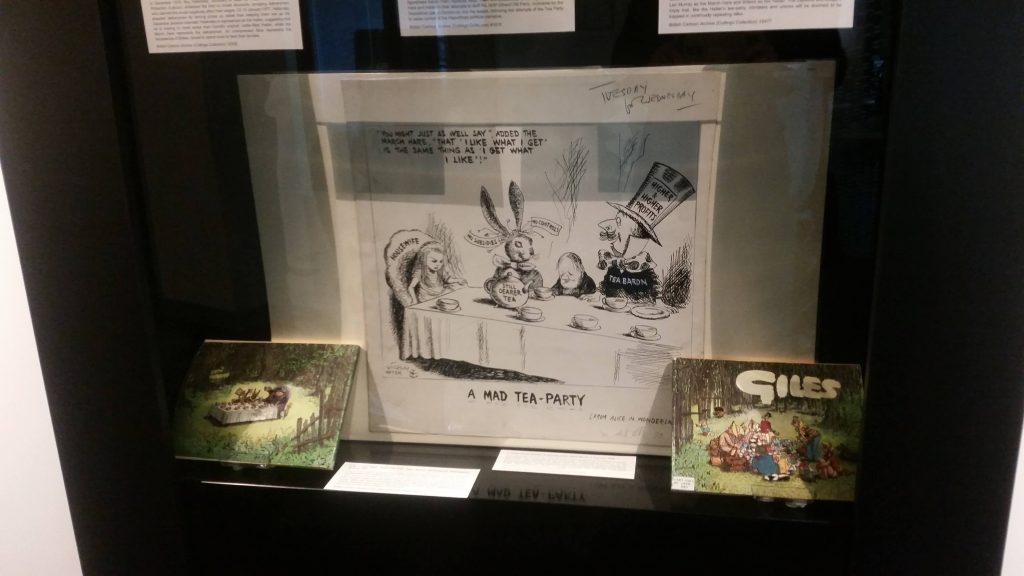
Tickets for the performance available here.

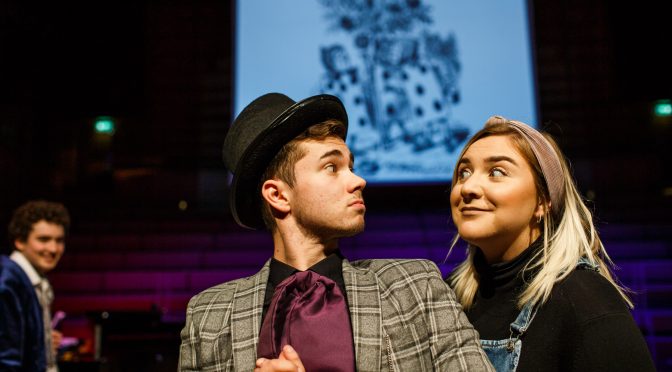
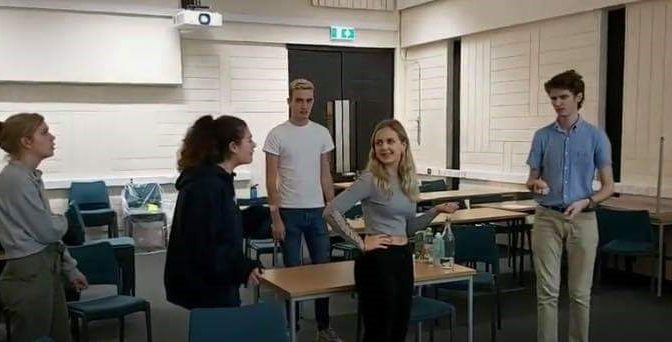

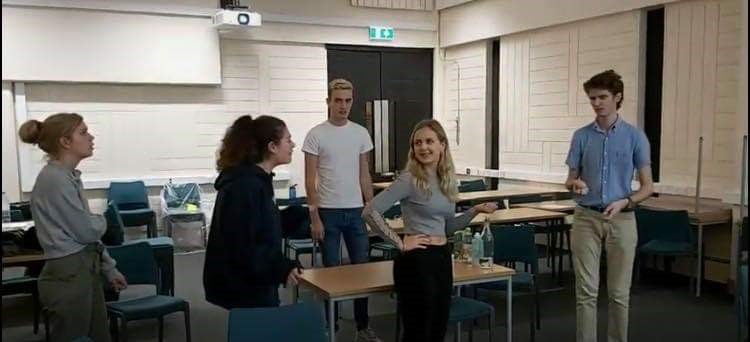
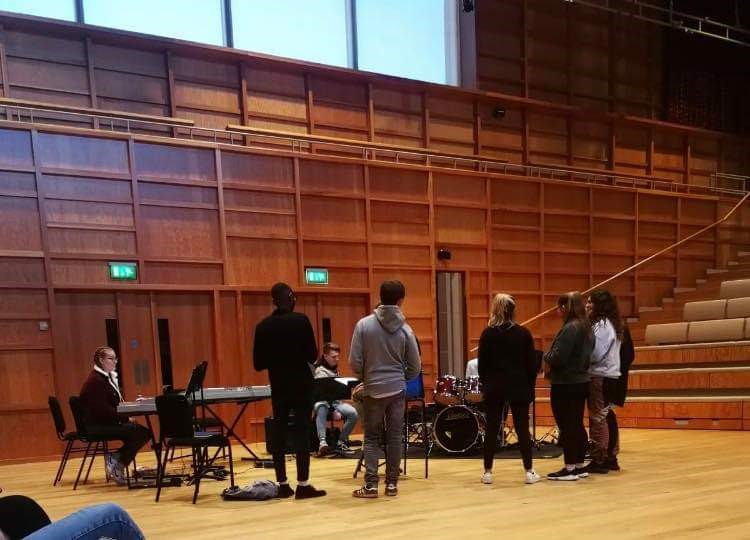
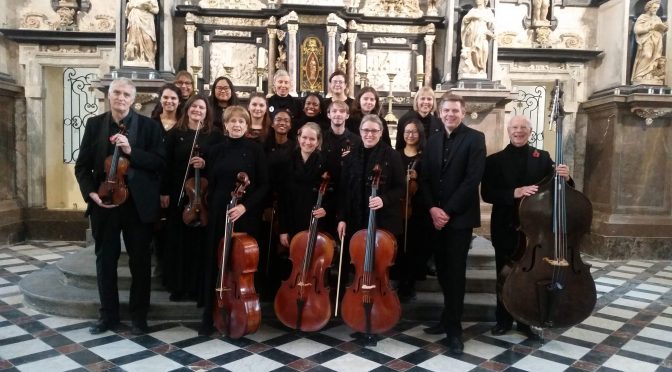
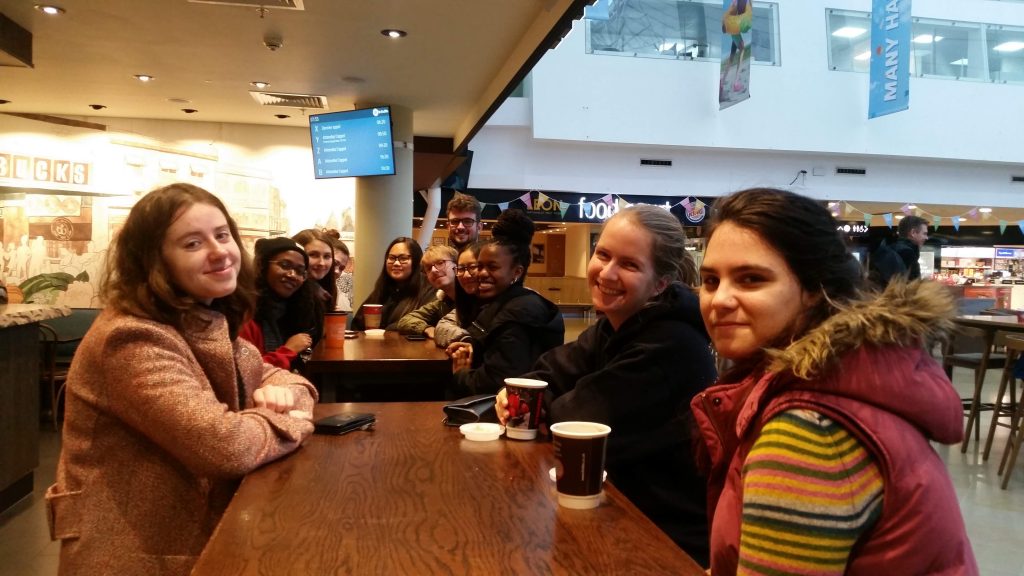
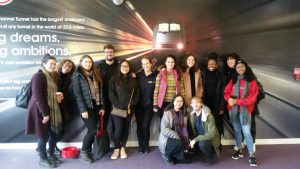 An early morning start saw the coach-load of musicians leaving Colyer-Fergusson in various stages of wakefulness (well, 6.30am on a Sunday can be a little early for some…), with a welcome coffee at the Folkestone terminal of Le Shuttle enlivening the group further still on its way to an 11am (French time) rehearsal in the church beneath glorious November skies.
An early morning start saw the coach-load of musicians leaving Colyer-Fergusson in various stages of wakefulness (well, 6.30am on a Sunday can be a little early for some…), with a welcome coffee at the Folkestone terminal of Le Shuttle enlivening the group further still on its way to an 11am (French time) rehearsal in the church beneath glorious November skies.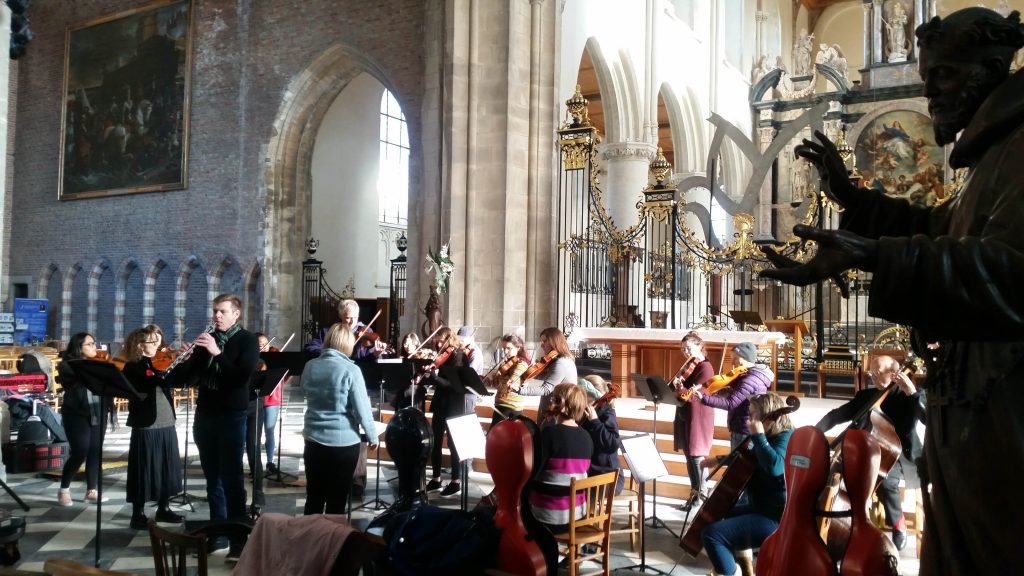
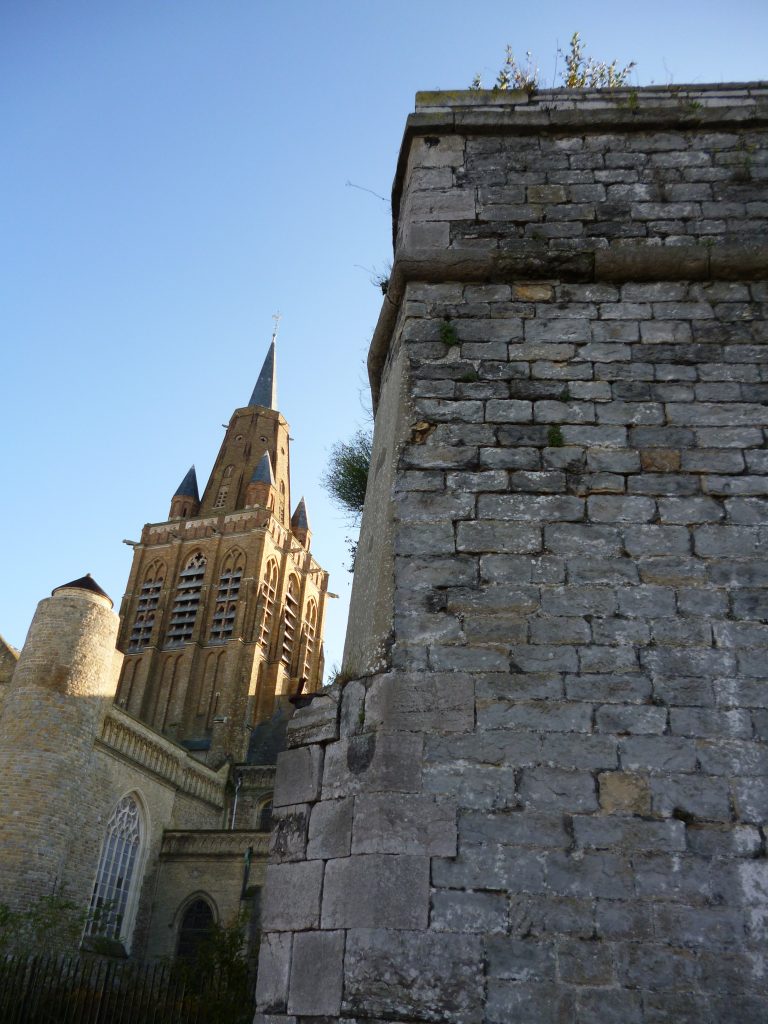 Music by Elgar and Warlock was soon swirling around the nave of the magnificent church, with later on the strains of Marcello’s Oboe Concerto lifting into the roof courtesy of Professor Dan Lloyd, who joined the string group on oboe, stepping out of his busy schedule as Deputy Head of the School of Biosciences.
Music by Elgar and Warlock was soon swirling around the nave of the magnificent church, with later on the strains of Marcello’s Oboe Concerto lifting into the roof courtesy of Professor Dan Lloyd, who joined the string group on oboe, stepping out of his busy schedule as Deputy Head of the School of Biosciences.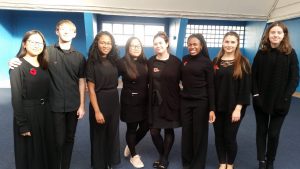 The Camerata’s international make-up mirrors that of the wider University community, with members from Germany, Lithuania, France and Canada, including an Erasmus-student cellist; the Schools of Psychology, Law, Mathematics and Biosciences were also represented by the ensemble’s constituents, many of whom are either current or former University Music Performance Scholars. It’s a testament to the nature of extra-curricular music-making at Kent that it transcends boundaries – geographical, hierarchical, institutional – as it creates communities working together in rehearsal and performance.
The Camerata’s international make-up mirrors that of the wider University community, with members from Germany, Lithuania, France and Canada, including an Erasmus-student cellist; the Schools of Psychology, Law, Mathematics and Biosciences were also represented by the ensemble’s constituents, many of whom are either current or former University Music Performance Scholars. It’s a testament to the nature of extra-curricular music-making at Kent that it transcends boundaries – geographical, hierarchical, institutional – as it creates communities working together in rehearsal and performance.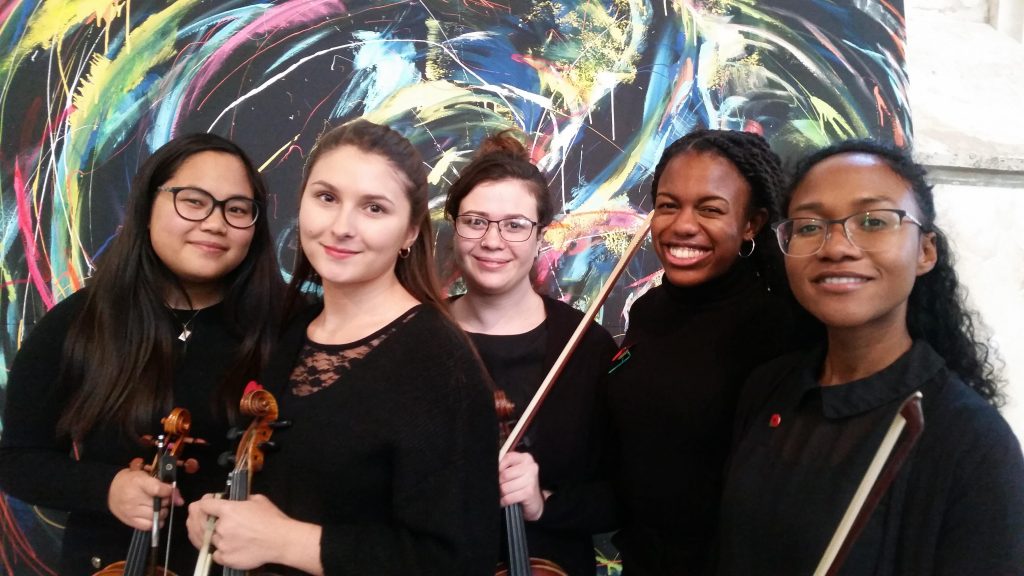 The concert, part of the city’s current festival, drew over six hundred people to witness the power of collaborative creativity which lies at the heart of the University’s vision. We’re already looking forward to the second event in our planned collaboration later in the year.
The concert, part of the city’s current festival, drew over six hundred people to witness the power of collaborative creativity which lies at the heart of the University’s vision. We’re already looking forward to the second event in our planned collaboration later in the year.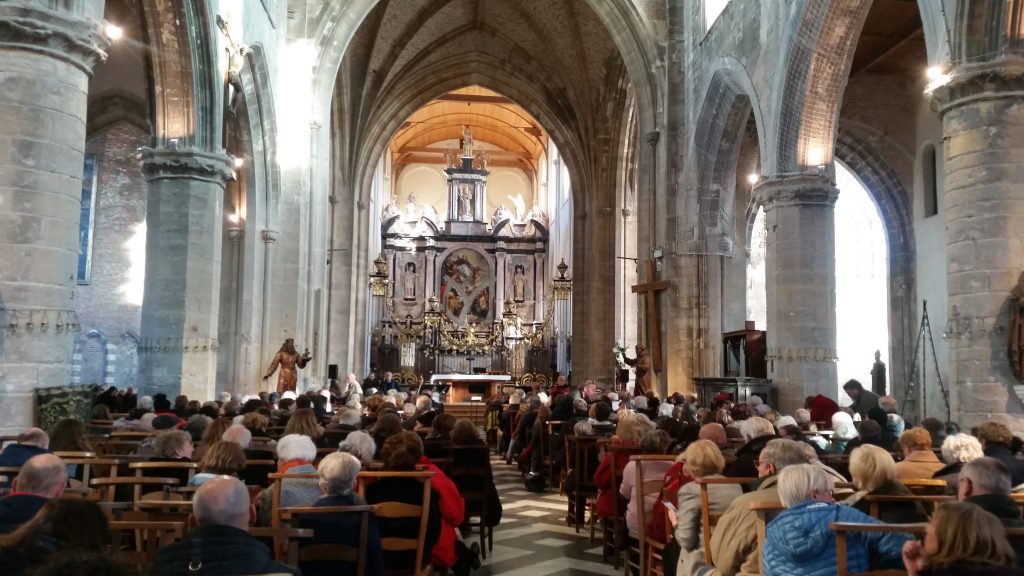 Congratulations to all the performers, to leader Floriane Peycelon and conductor Susan Wanless, on a magnificent ambassadorial showcase that illustrated, to an international audience, what an international University can do.
Congratulations to all the performers, to leader Floriane Peycelon and conductor Susan Wanless, on a magnificent ambassadorial showcase that illustrated, to an international audience, what an international University can do.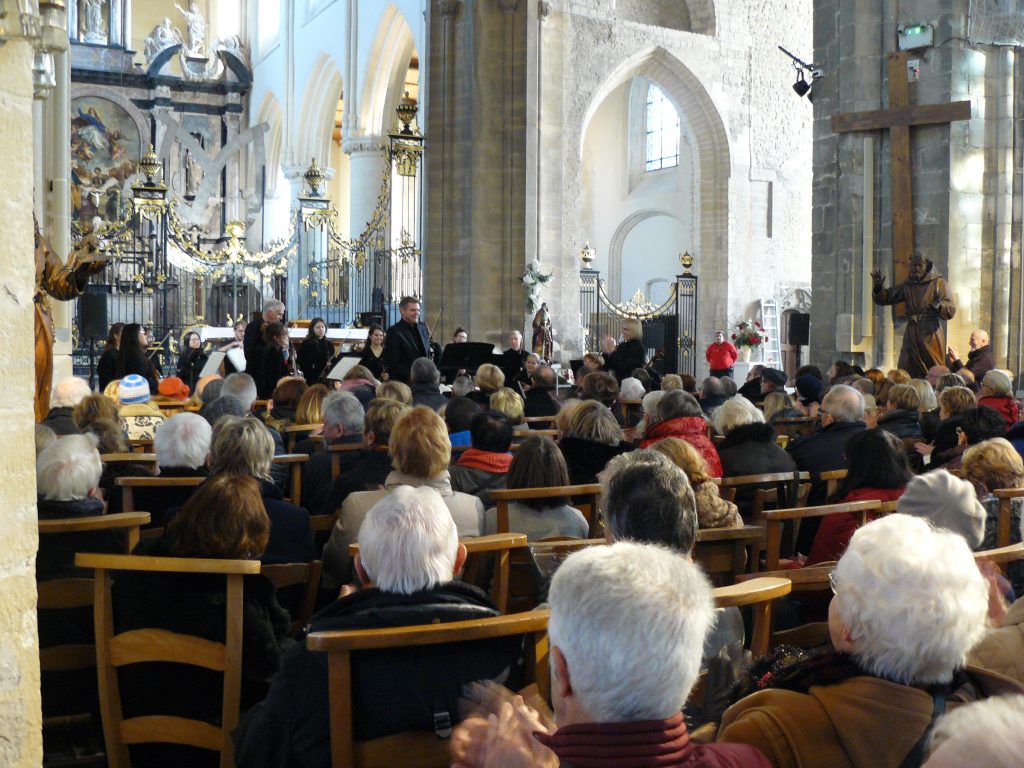
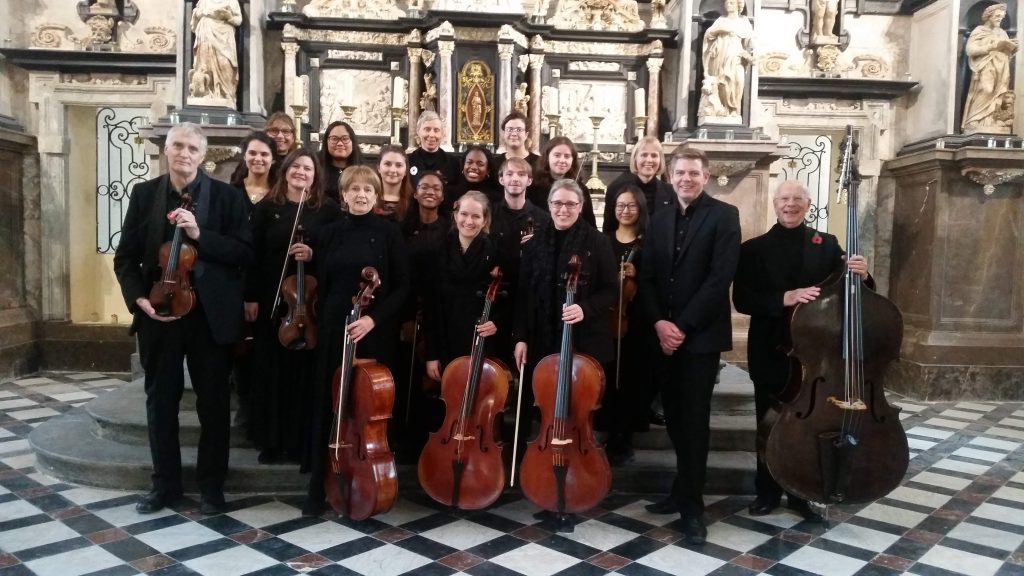
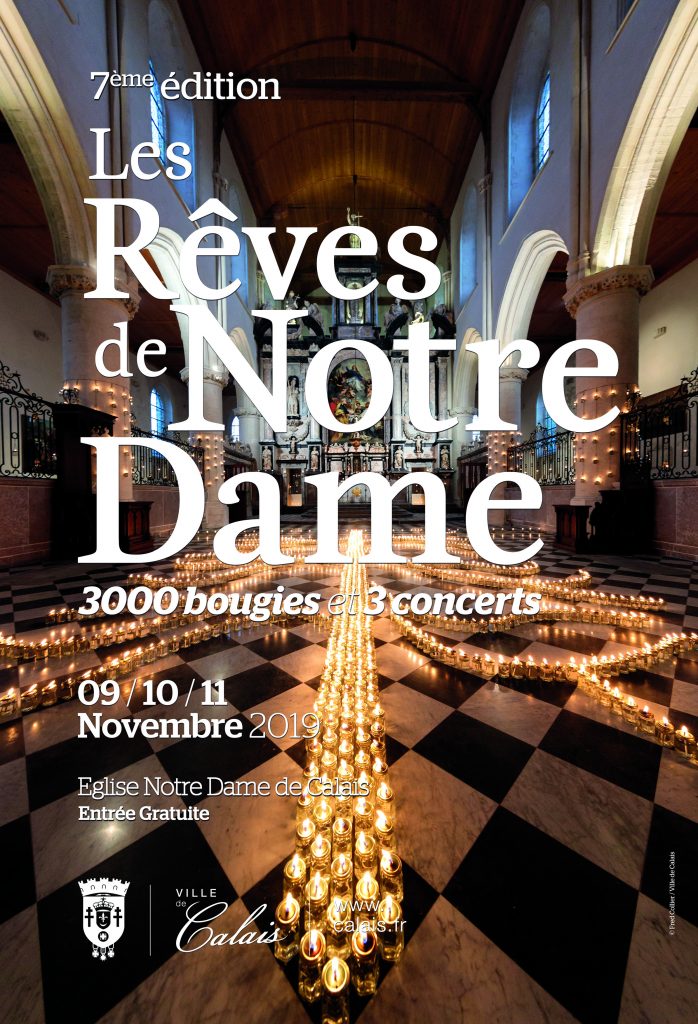
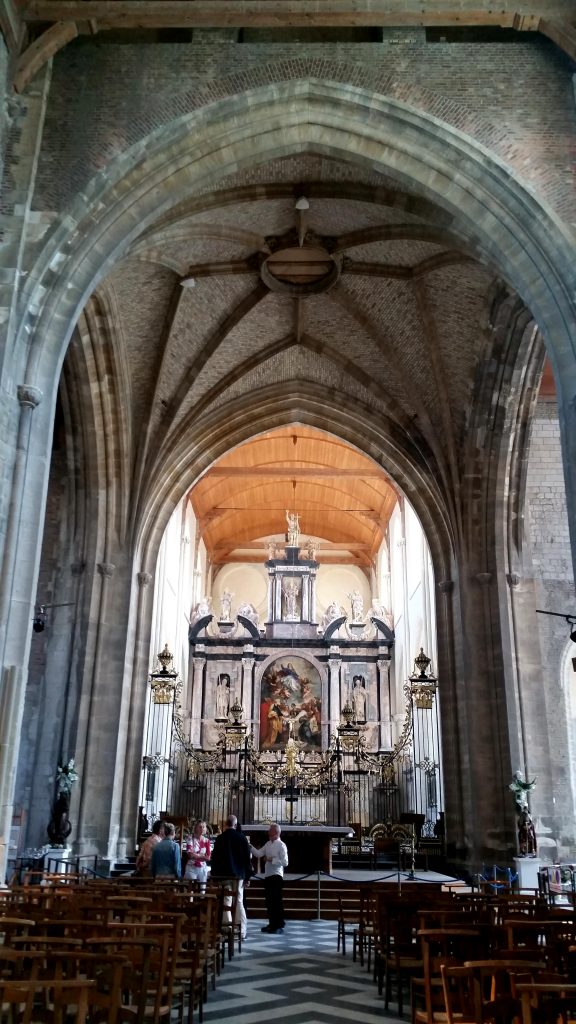 The Camerata last sailed in to port back in March for a performance of Prokofiev’s Peter and the Wolf; we’re looking forward to presenting a largely English musical feast for the burghers of Calais at the end of next week, on Sunday 10 November; should you happen to be in the city at 3pm, the event is free, join University musicians as we celebrate our historic links with the French city-port – event details online
The Camerata last sailed in to port back in March for a performance of Prokofiev’s Peter and the Wolf; we’re looking forward to presenting a largely English musical feast for the burghers of Calais at the end of next week, on Sunday 10 November; should you happen to be in the city at 3pm, the event is free, join University musicians as we celebrate our historic links with the French city-port – event details online 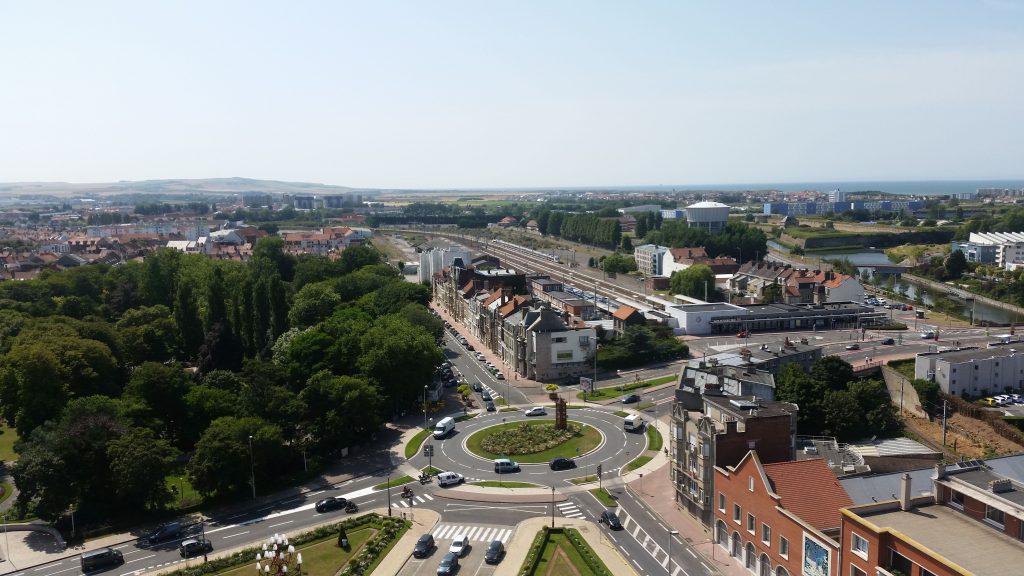
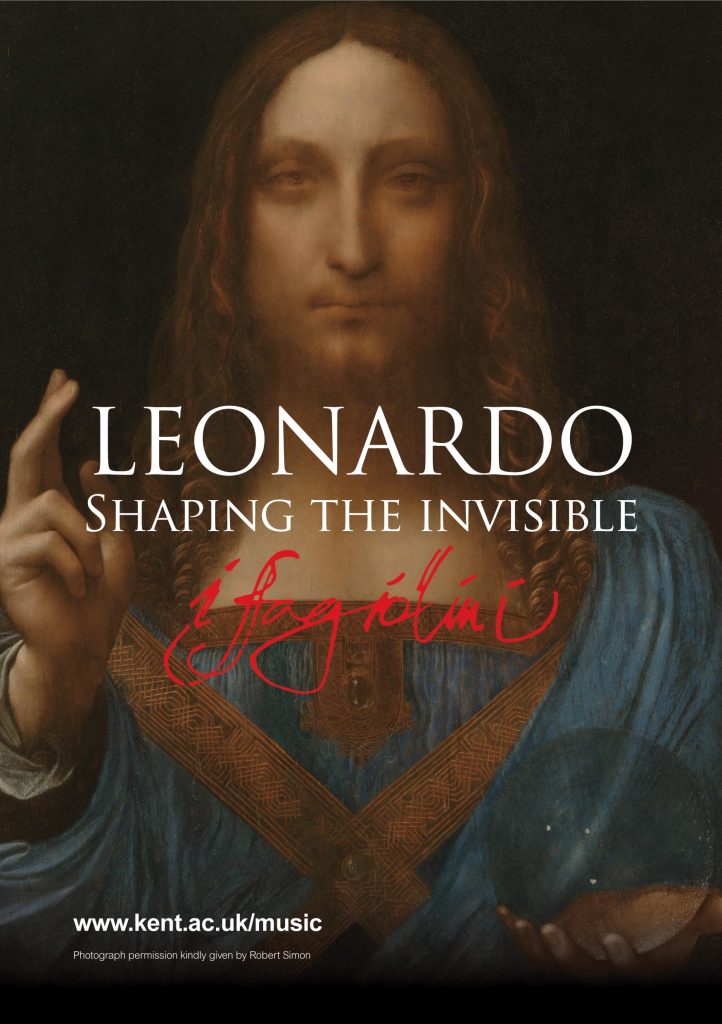 The event combines projections of his best-loved masterworks with choral pieces that connect with the images. Leonardo expert Professor Martin Kemp and I Fagiolini’s director Robert Hollingworth will also be introducing the evening.
The event combines projections of his best-loved masterworks with choral pieces that connect with the images. Leonardo expert Professor Martin Kemp and I Fagiolini’s director Robert Hollingworth will also be introducing the evening.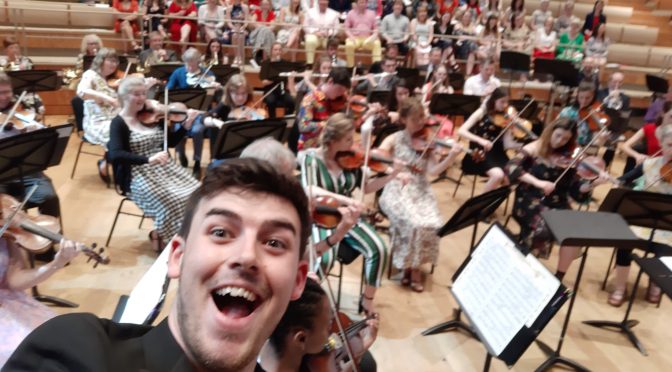
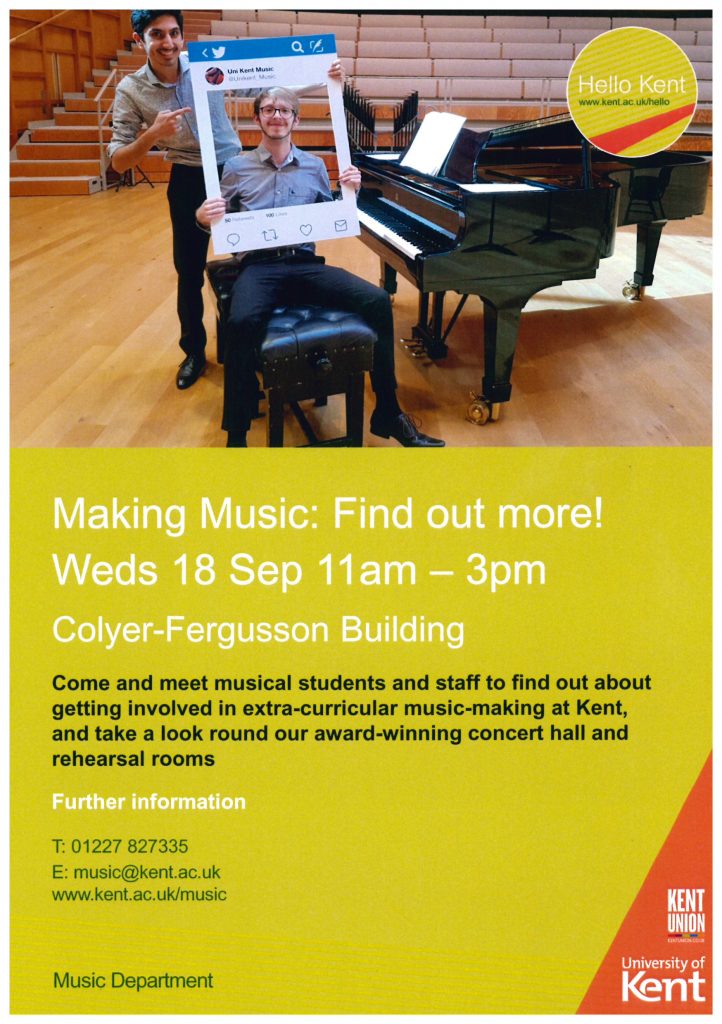
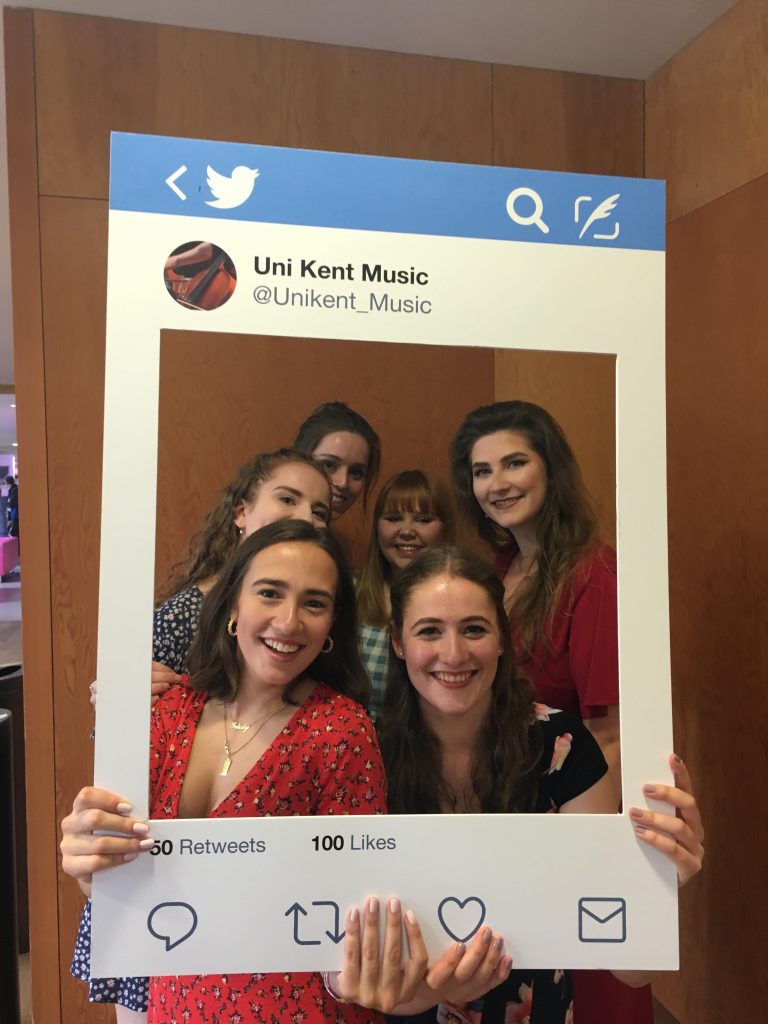 Plans for the Wednesday event include live music on the foyer-stage throughout the day, and there’s the possibility of a Scratch Orchestra play-through of popular film scores, and even choruses from Messiah.
Plans for the Wednesday event include live music on the foyer-stage throughout the day, and there’s the possibility of a Scratch Orchestra play-through of popular film scores, and even choruses from Messiah.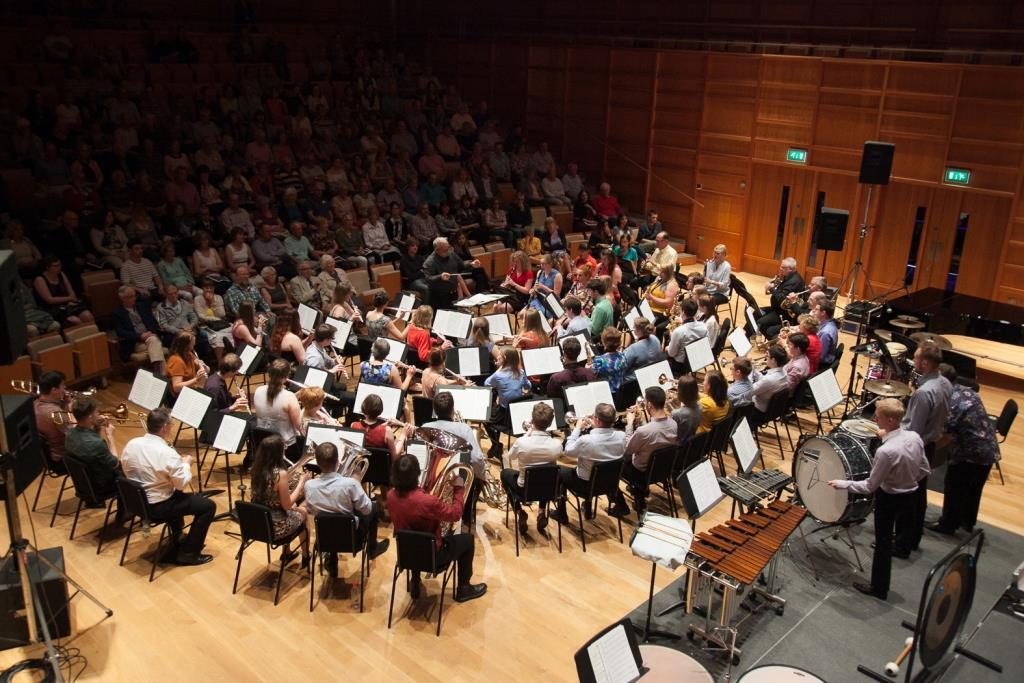 We look forward to welcoming you through the doors of Colyer-Fergusson during Welcome Week, and especially next Wednesday – come and find out how to make rehearsing and performing a part of your university experience, whatever course you may be studying!
We look forward to welcoming you through the doors of Colyer-Fergusson during Welcome Week, and especially next Wednesday – come and find out how to make rehearsing and performing a part of your university experience, whatever course you may be studying!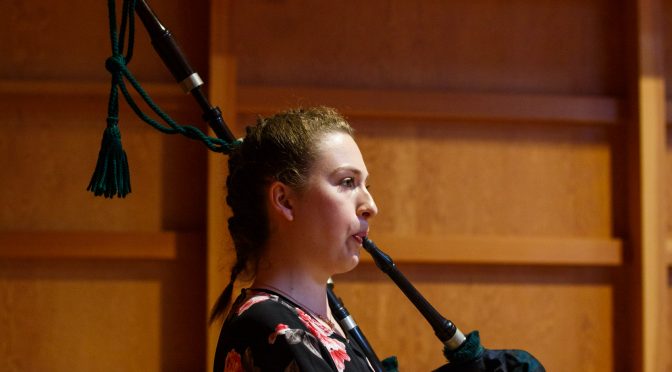
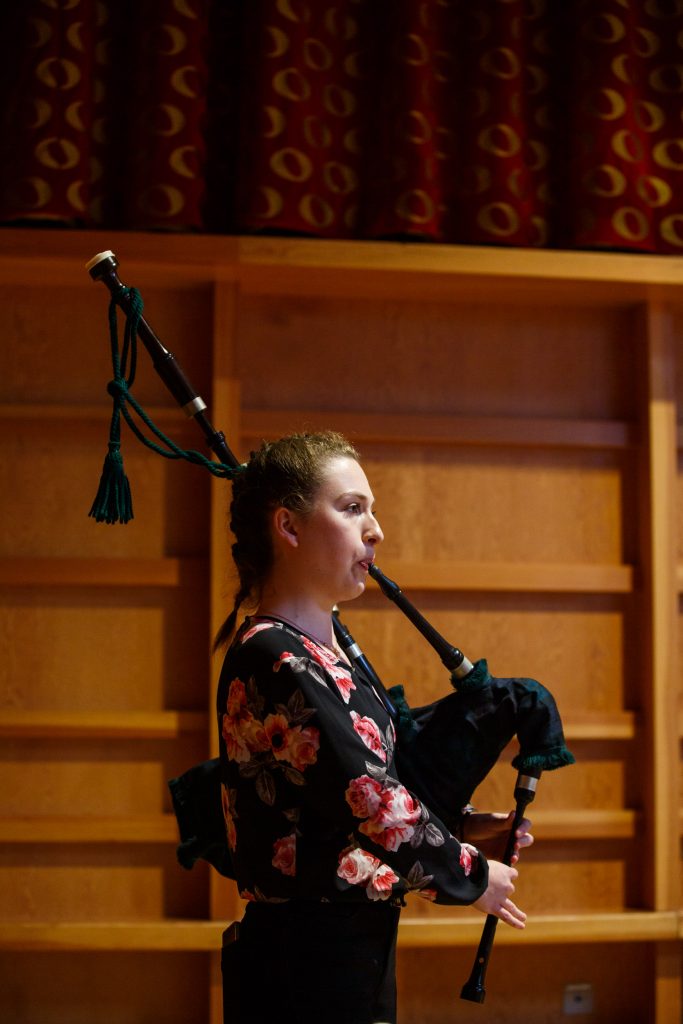
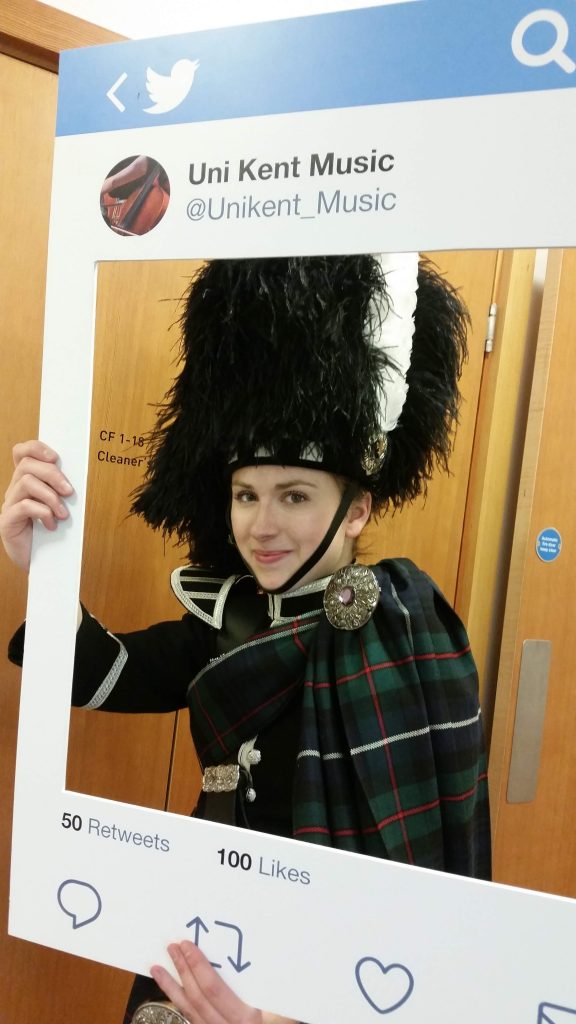
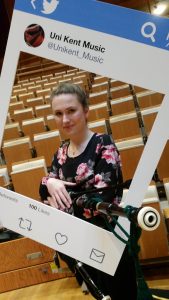 I really enjoyed the course. Being able to focus on just bagpiping really helped and I would definitely attend another intensive course in the future so that I can continue to develop my overall technique and repertoire.
I really enjoyed the course. Being able to focus on just bagpiping really helped and I would definitely attend another intensive course in the future so that I can continue to develop my overall technique and repertoire.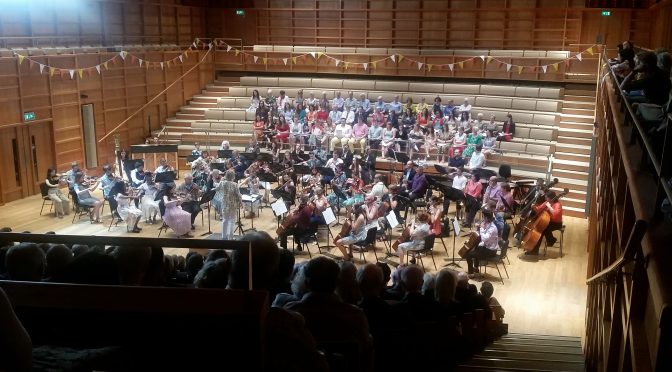
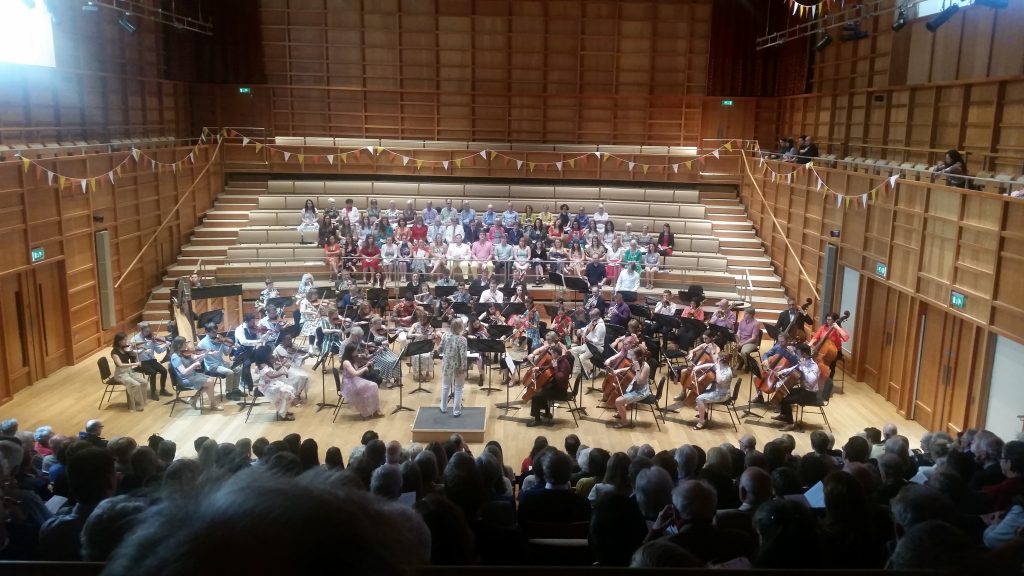
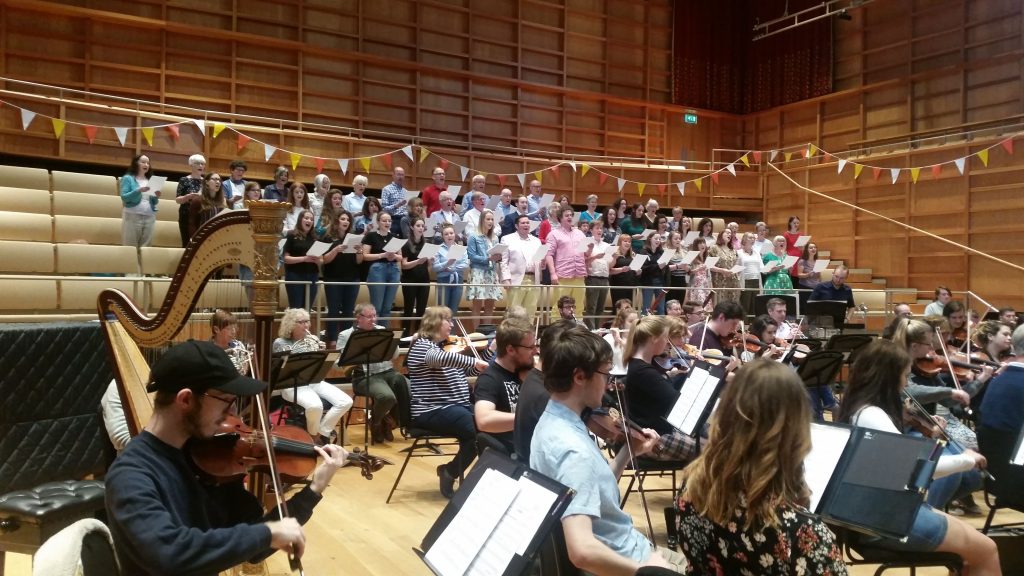
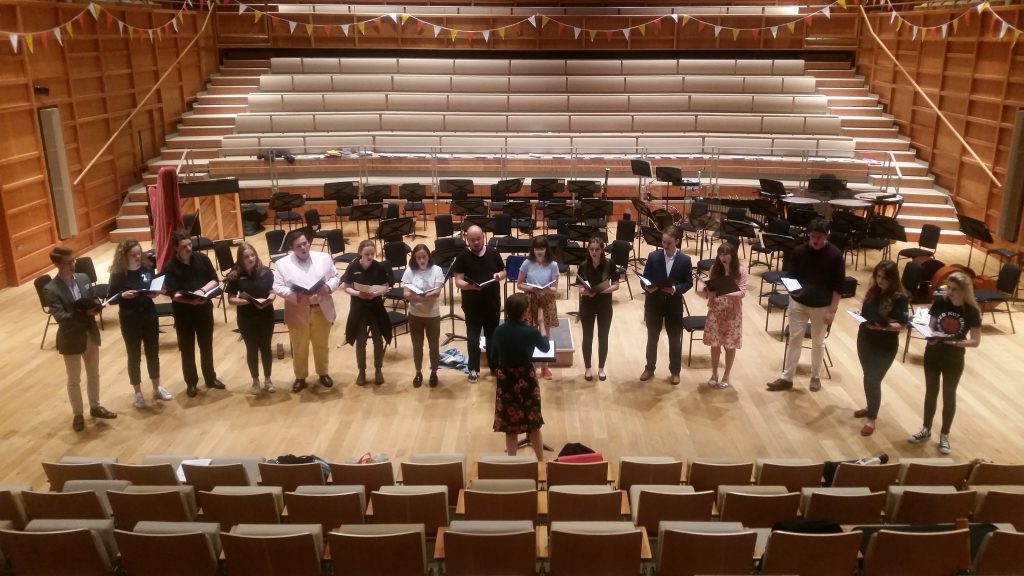
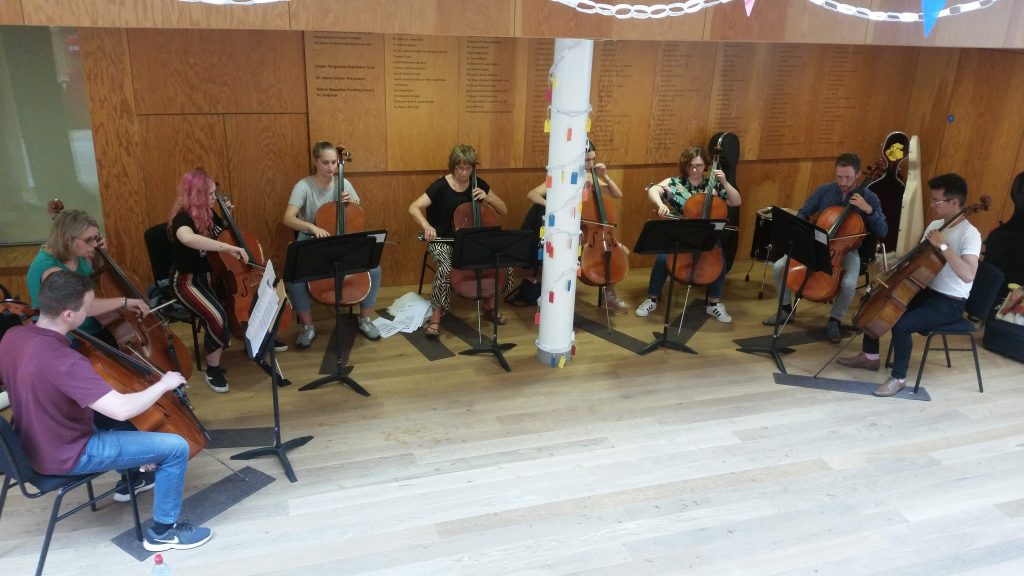
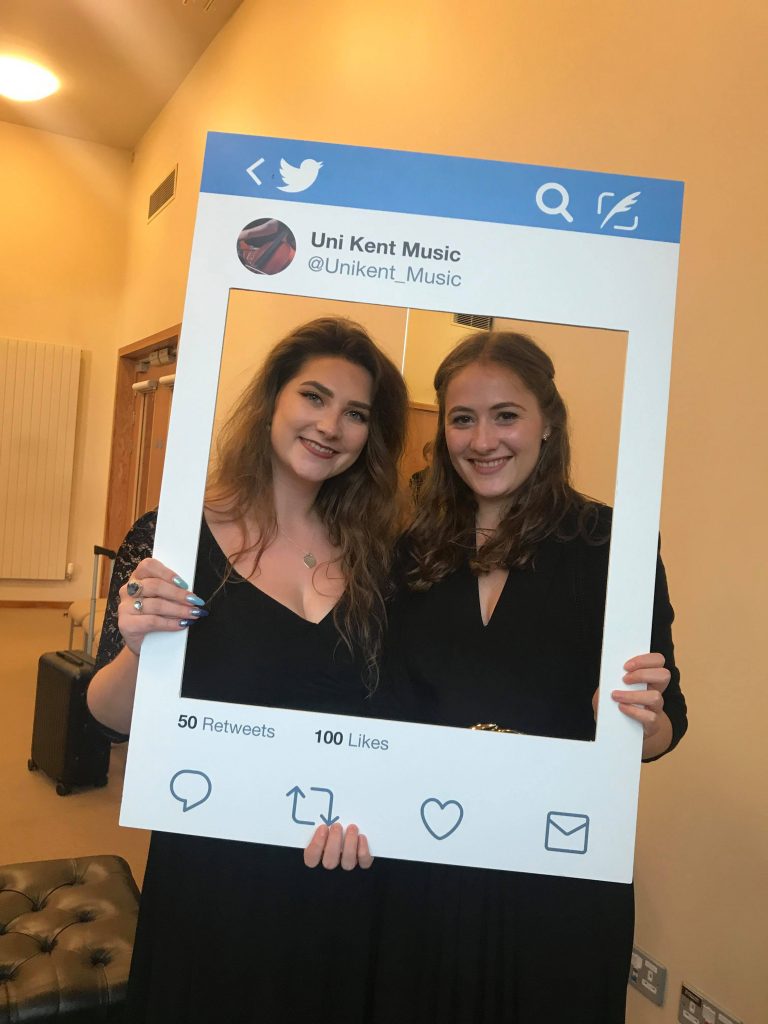
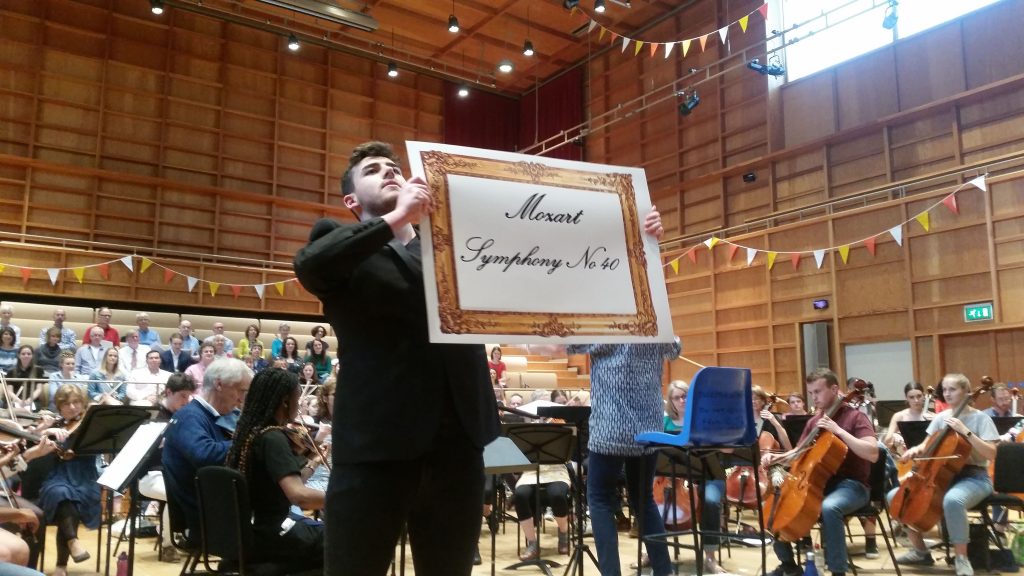
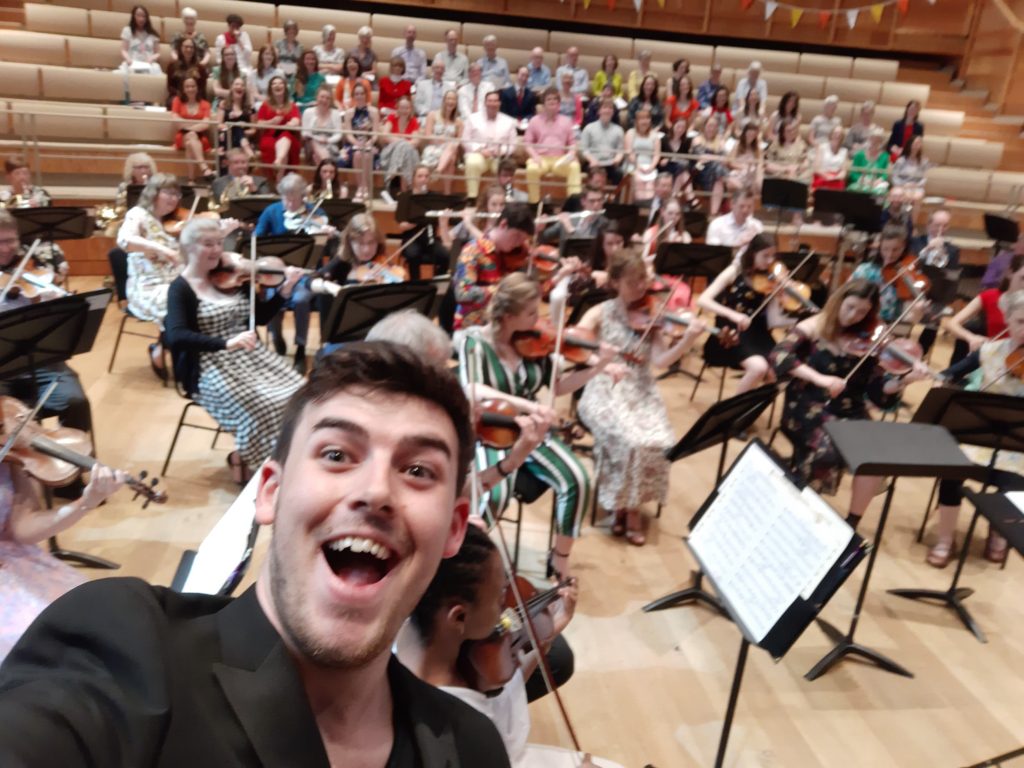
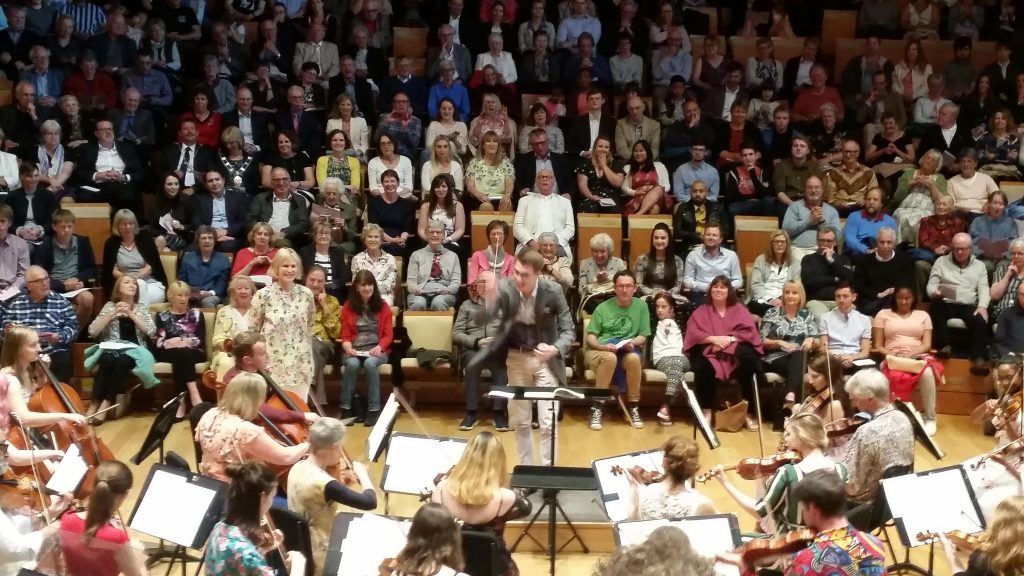
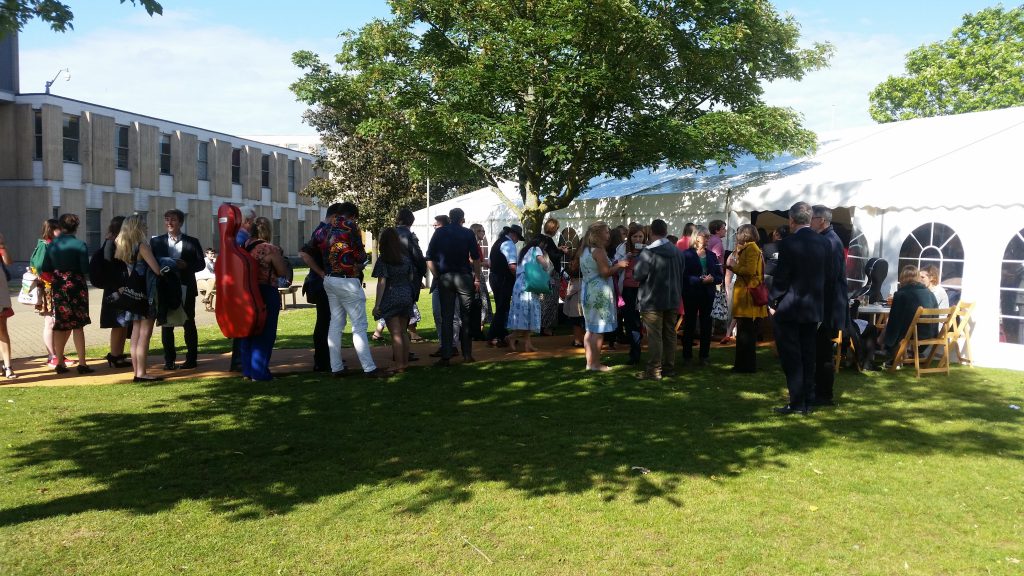
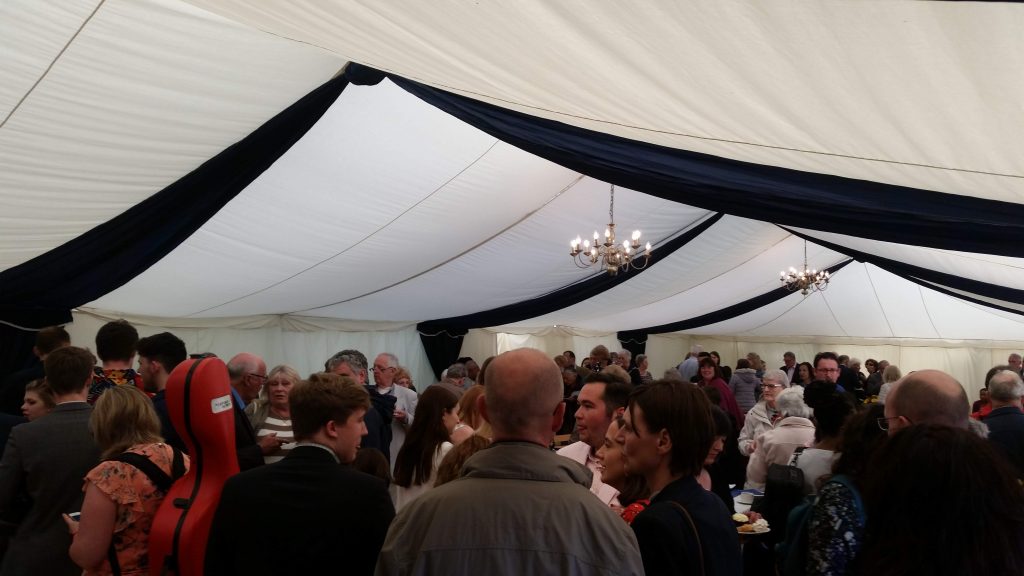 What becomes apparent at the end of the Gala concert is what a wonderful sense of community has been built up during the academic year by everyone involved in extra-curricular music-making at the University. It’s a real tribute to how committed everyone is, and how involved they have become, to see so many of those graduating so moved by the occasion of their final appearance; parents, friends and family all coming along to support throughout the series of events often remark on how much being a part of music at Kent has meant to the students involved throughout their time. There’s a lovely feeling of camaraderie throughout the entire week, as the various ensembles gather for a final musical hurrah before the academic year ends.
What becomes apparent at the end of the Gala concert is what a wonderful sense of community has been built up during the academic year by everyone involved in extra-curricular music-making at the University. It’s a real tribute to how committed everyone is, and how involved they have become, to see so many of those graduating so moved by the occasion of their final appearance; parents, friends and family all coming along to support throughout the series of events often remark on how much being a part of music at Kent has meant to the students involved throughout their time. There’s a lovely feeling of camaraderie throughout the entire week, as the various ensembles gather for a final musical hurrah before the academic year ends.